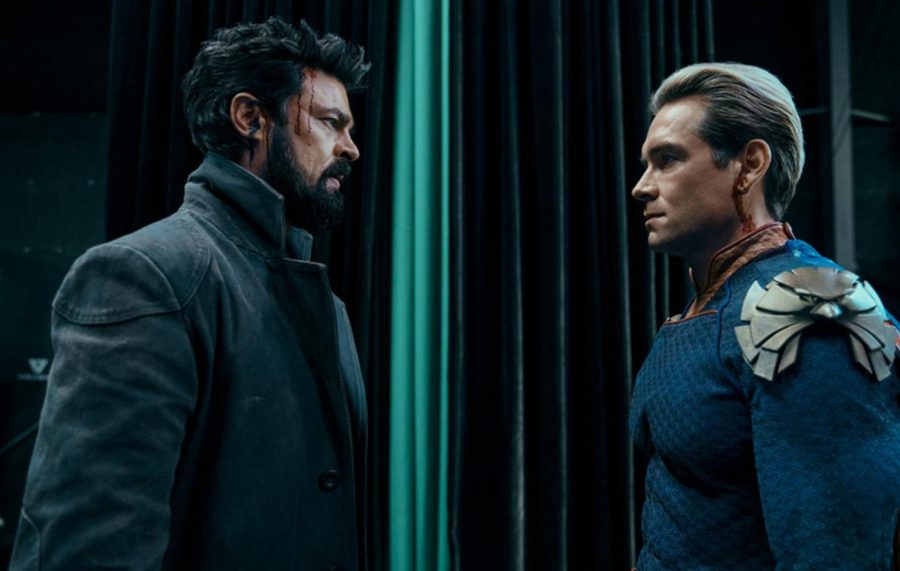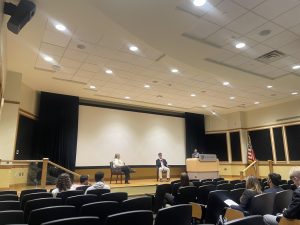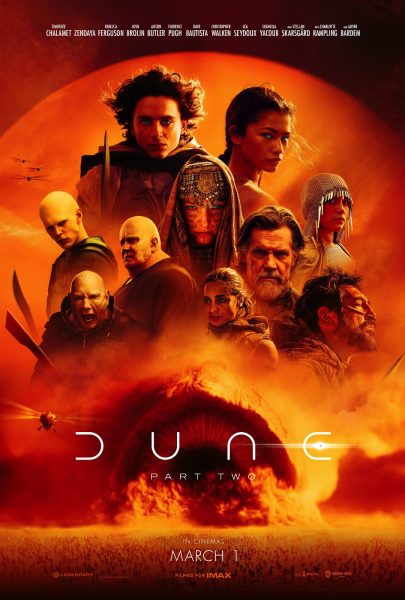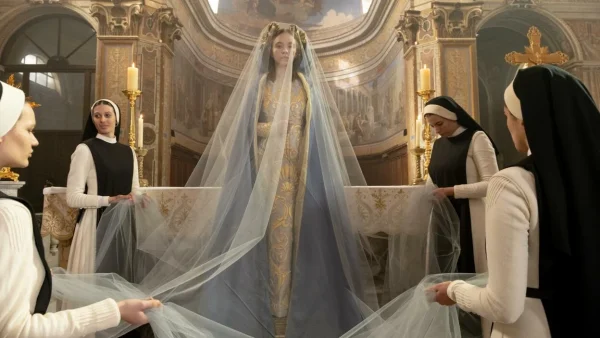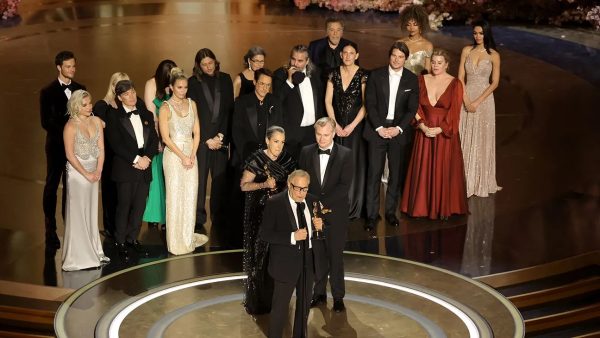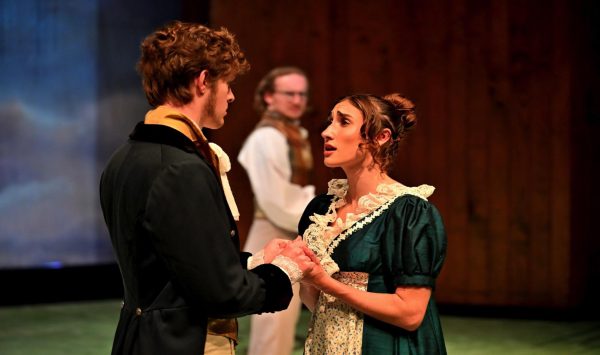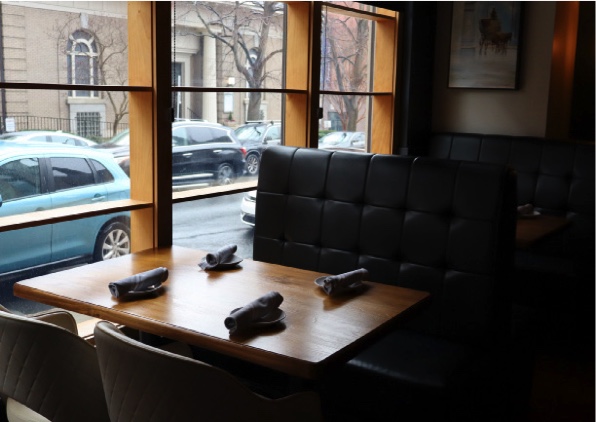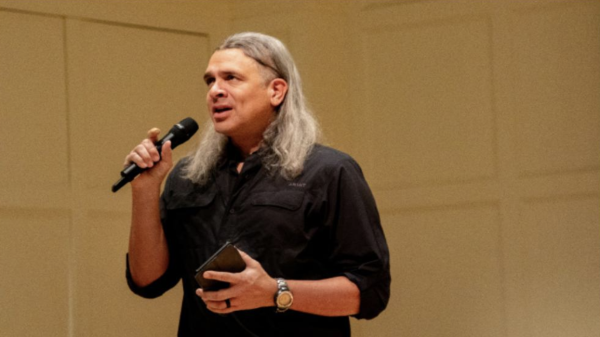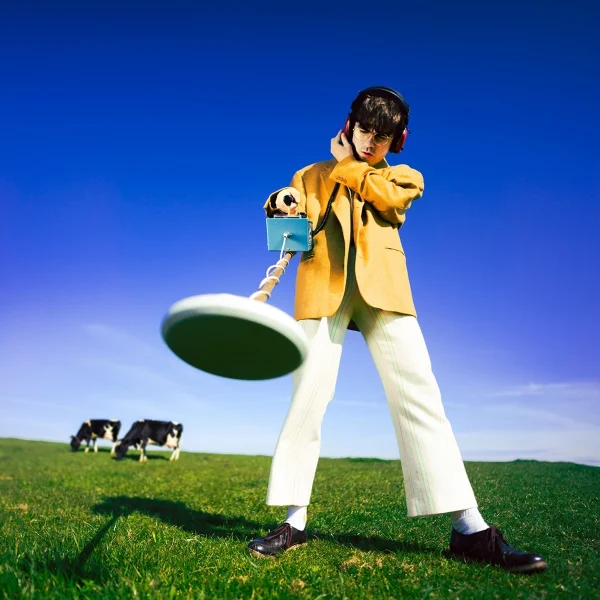Billy Butcher and Homelander
Both suffer from daddy issues, but that’s not where the similarities stop
Billy Butcher and Homelander are both incredible characters with more similarities than fans might realize, writes Selinna Tran.
October 6, 2022
Billy Butcher is not a hero. Well — he is my hero, but he is by no means a hero. The New Zealand native Karl Urban brings to life the raunchy, witty and lovable Butcher in “The Boys”, a Prime Video television series that asks the question “what if superheroes were bred in a lab and were corporate pawns in a capitalist hellscape?”
Despite my love and fangirl-esque adoration for Butcher, he is not a hero. After suffering by the hands of a supe — the show’s term for a person with superhuman powers — Butcher’s sole motivation is to see the eradication of supes, but especially one in particular: Homelander. Homelander is Butcher’s arch nemesis, the leader of the supes and is basically a manifestation of cruelty — he was born in a cold emotionless lab and suffers a great deal of mommy (and daddy) issues.
In the world of “The Boys,” most of the supes are twisted — acting merely for fame and greed. Homelander is the worst of them all, as he lives and thrives on the incessant need to be liked and adored, which stems from a tragic childhood devoid of any love.
I’d argue, though, that the characteristics I idolize in Butcher are reflected in Homelander, as well. As a viewer, you root for Butcher because of his traumatic backstory — he dealt with an emotionally and physically abusive father, along with the grief left behind from his wife being raped by Homelander — and his motivations become your own. But where is the line drawn for some of the cruel actions and motivations that Butcher has, and how different are Butcher and Homelander?
Butcher leads “the boys”, a group that consists of him, Mother’s Milk, Hughie, Frenchie, Kimiko and Annie — all people who have been affected negatively by supes in some way or another. The group looks up to Butcher — it’s hard not to — as they carry out covert operations to uncover and dismantle the superhero institution that is led by Vought, the corporate powerhouse that acts as a publicity firm representing (and controlling) the supes.
While each member of the group has their own hatred and vendetta against individual supes and Vought as an entity, Butcher is consumed by his abhorrent feelings towards anyone with supernatural abilities and is solely motivated by his resentment. As a result, there are many times throughout the show where Butcher displays a lack of empathy and a cruel motivation that is akin to Homelander.
He finds the idea of Compound V — the substance that empowers and creates supes — disgusting, but in season 3 his desire to see Homelander’s life end overpowers his own morality as he takes Temp V, which will eventually kill him.
While Butcher does turn into a villain at the end of the comics, he is more of an antihero in the show, but we see our beloved sailor-mouth Butcher slowly go farther from the light every day.
Fans and viewers of “The Boys” are quick — but understandably so — to write off Homelander as the villain and Butcher as the hero, but it is not that simple. I would argue that Homelander’s evilness is a result of nurture — or lack thereof — and not nature, and his actions are shaped and motivated in a very similar notion as Butcher’s.
In the show, Butcher commits a number of questionable acts — as does Homelander — like murdering without justification, abandoning the members of the boys and manipulating and using Hughie, just to name a few.
Yet, I think the dichotomy that is built between the two in the show further exemplifies how similar they are and how far both men would go to carry out their goals. The difference in my eyes, and what I tell myself to make me feel better about my love for Butcher, is that Homelander acts narcissistically and without any real care or motivation while Butcher works to end a greater evil, even if the ways he gets there may not be so pretty.
Butcher’s experiences have shaped him into this cold, almost unfeeling individual who is blindly motivated by revenge and what he believes is right, but he is not so different from the breastmilk-loving, cruel and unloved Homelander.


